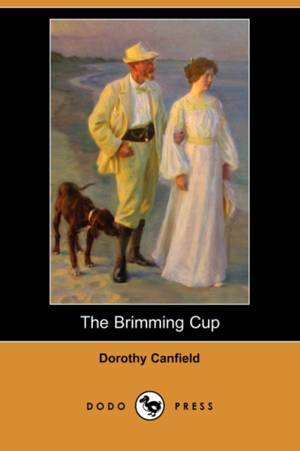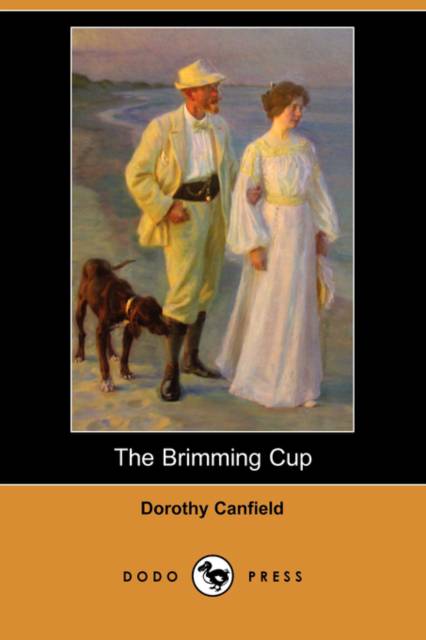
- Afhalen na 1 uur in een winkel met voorraad
- Gratis thuislevering in België vanaf € 30
- Ruim aanbod met 7 miljoen producten
- Afhalen na 1 uur in een winkel met voorraad
- Gratis thuislevering in België vanaf € 30
- Ruim aanbod met 7 miljoen producten
Zoeken
Omschrijving
Dorothy Canfield Fisher (1879-1958) who sometimes wrote under the pseudonym Stanley Cranshaw was an educational reformer, social activist, and best-selling American author in the early decades of the Twentieth century. Dorothy Canfield brought the Montessori method of child rearing to the United States, presided over the country's first adult education program, and shaped literary tastes by serving as a member of the Book-of-the-Month Club selection committee from 1925 to 1951. Her best-known work today is probably Understood Betsy (1917), a children's book about a little orphaned girl who is sent to live with her cousins in Vermont. Though the book can be read purely for pleasure, it also describes a schoolhouse which is run much in the style of the Montessori method, for which Canfield was one of the first and most vocal advocates. In 1899 Dorothy Canfield received a B. A. from Ohio State University. Canfield went on to study Romance languages at Columbia University, and in 1904 was one of the few women of her generation to receive a doctoral degree. Amongst her other works are: The Bent Twig (1915), Hillsboro People (1915), and The Brimming Cup (1921).
Specificaties
Betrokkenen
- Auteur(s):
- Uitgeverij:
Inhoud
- Aantal bladzijden:
- 388
- Taal:
- Engels
Eigenschappen
- Productcode (EAN):
- 9781406531510
- Verschijningsdatum:
- 26/10/2007
- Uitvoering:
- Paperback
- Formaat:
- Trade paperback (VS)
- Afmetingen:
- 152 mm x 229 mm
- Gewicht:
- 566 g

Alleen bij Standaard Boekhandel
+ 39 punten op je klantenkaart van Standaard Boekhandel
Beoordelingen
We publiceren alleen reviews die voldoen aan de voorwaarden voor reviews. Bekijk onze voorwaarden voor reviews.











